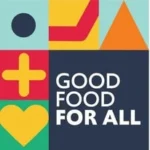On 18 October World Vision, WFP, FAO and the SDG2 Advocacy Hub held an official side event of the 46th Session of the Committee on World Food Security focusing on Gender Equality & Malnutrition.
The session looked at some of the latest approaches to addressing causes & improved nutrition through three new perspectives: relationship between gender equality and food; gender-transformative approaches to nutrition; and scaling up.
Moderator: Lauren Landis, Director of Nutrition at the UN World Food Programme
Panellists:
- Elizabeth Gwevo, Farmer, Mudhindo village, Zimbabwe, ENTERPRIZE Participant
- Marlène Elias, Gender Specialist at Bioversity International and Gender Research Coordinator for the CGIAR Research Program on Forests, Trees and Agroforestry
- Dan Irvine , Senior Director, Health and Nutrition at World Vision International
- Andrew Rzepa, Partner, Gallup
Closing statements: H.E. Mario Arvelo, Ambassador, Permanent Representative of the Dominican Republic to FAO, IFAD & WFP and Chair of CFS
It is recognised that gender equality is essential for attaining food security, better nutrition and achieving all the Sustainable Development Goals. Approaches to addressing gender inequalities must move beyond the historical paradigm of addressing women as beneficiaries, to empowering them as transformational change agents with autonomy and structural power to make meaningful and sustainable change. Over the last 15 years, Gender Transformative Approaches (GTAs) have become prominent in rural development strategies that address the root causes of rural gender inequalities, in order to improve food security and nutrition and increase agricultural production in a sustainable manner, while also contributing to economic growth. GTAs offer an alternative to the “business as usual” approach to gender integration.
Achieving gender equality and empowering rural women will not only improve food security, nutrition, health and education outcomes, it will also bring immediate and long-term economic and social benefits for families, communities and nations at large.
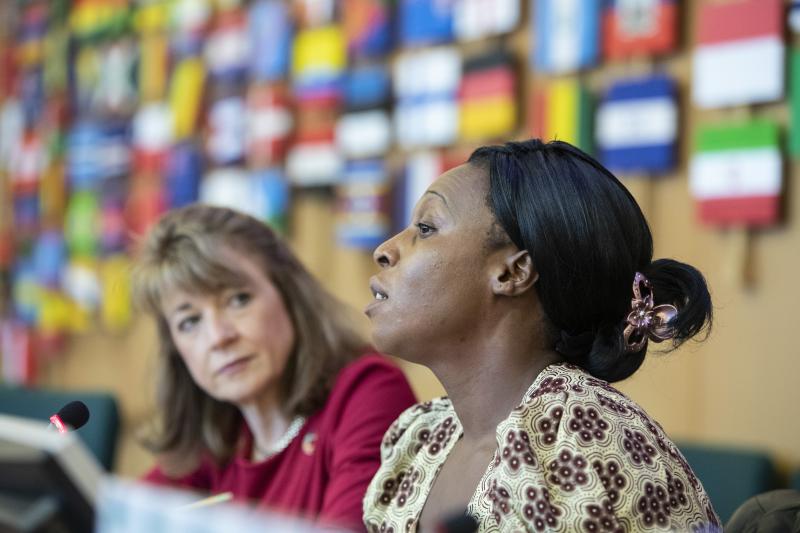
With a woman farmer Elizabeth Gwevo from Guruve, Zimbabwe leading the discussions and sharing her own experiences, partners introduced new innovative frameworks, survey modules, and good practices to address the gender-based causes of food insecurity and malnutrition.
Before participating in the transformative Enterprize project and as a single mother, Elizabeth had little knowledge of farming, and was not able to produce enough food for her family. As a woman, she was not able to receive the training, skills and resources she needed to be a productive farmer. Today, Elizabeth serves as a lead farmer and teaches other peer farmers on agriculture production, rural finance and nutrition.
Perspectives and Initiatives introduced:
- Gender Transformative Framework for Addressing Malnutrition and Gender Inequality. World Vision International
- Gender Equality for Food Security Measure survey module that will explore the relationship between gender equality and food security as experienced by individuals. Gallup/WFP
- A focus on scaling up gender transformative approaches to eradicate hunger, end poverty and promote sustainable agriculture. FAO/Bioversity International
Key Takeaways
- The women’s relative status to men, and a girl’s secondary education accounts for half of reductions in all child underweight.
- To empower women, we should invest in universal education for girls, and professional literacy (e.g. financial, technical, entrepreneurial) for female farmers; we should advocate enabling environments free of violence and providing equitable legal systems (eg. land and assets entitlement).
- Without a transformation towards gender equality, we will not realize the nutrition and food security goals we have. The provision for universal primary schooling for girls in Sub-Saharan Africa alone can increase agricultural productivity by 25 percent.
- The concept of gender transformation has become central to key development commitments and policies, including the Agenda 2030. GTAs are about transformation – addressing the root causes of gender inequalities.
- To all food security, nutrition and agriculture practitioners on the ground, a call to improve your gender analysis practice, ensuring that we always consider the root causes of gender inequalities, and address them squarely in our programmatic investments. Those investments must respond to the specific needs of women, men, girls and boys.
- We must all recognise our mutual accountability for these actions; and we must monitor our progress.
- Gender equality is to our food and nutrition goals, as it cuts across all the SDG’s. As across-cutting goal, there might be an assumption that gender equality that someone else will work on it; someone else will make the needed investments.
- History has shown us that we will not achieve our goals by not investing in women and girls. It is true that our sectoral colleagues will need to invest, but our community must do our part. Our investments, and the resources entrusted to us, must equally be applied.
- Gender based violence, which is normally not a focus point of nutrition and food security work, has a deep impact on nutritional outcomes. If we are able to understand the significant relevance of gender issues, we must be prepared to invest our resources into the kind of interventions that would address these issues.
- The next time we come together to discuss gender, food and nutrition, it should be to measure our investments – and our progress.
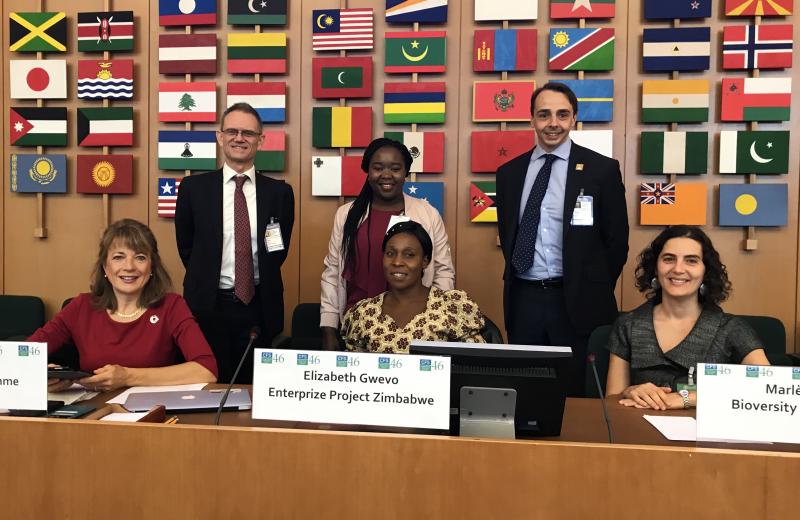

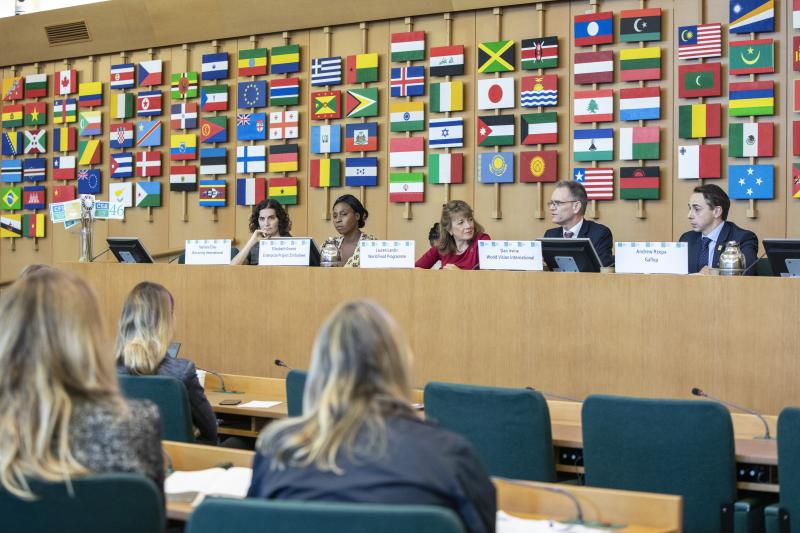
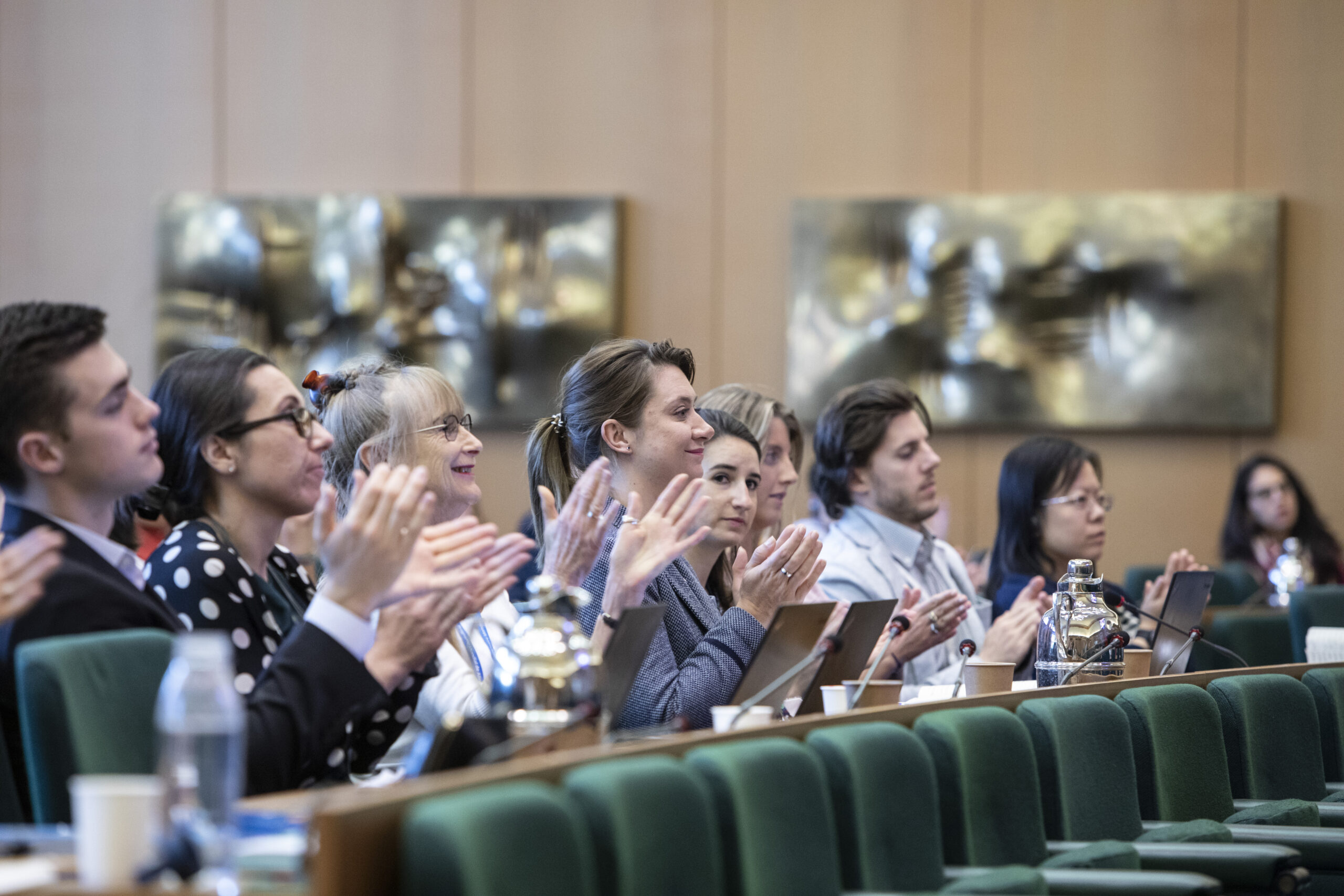
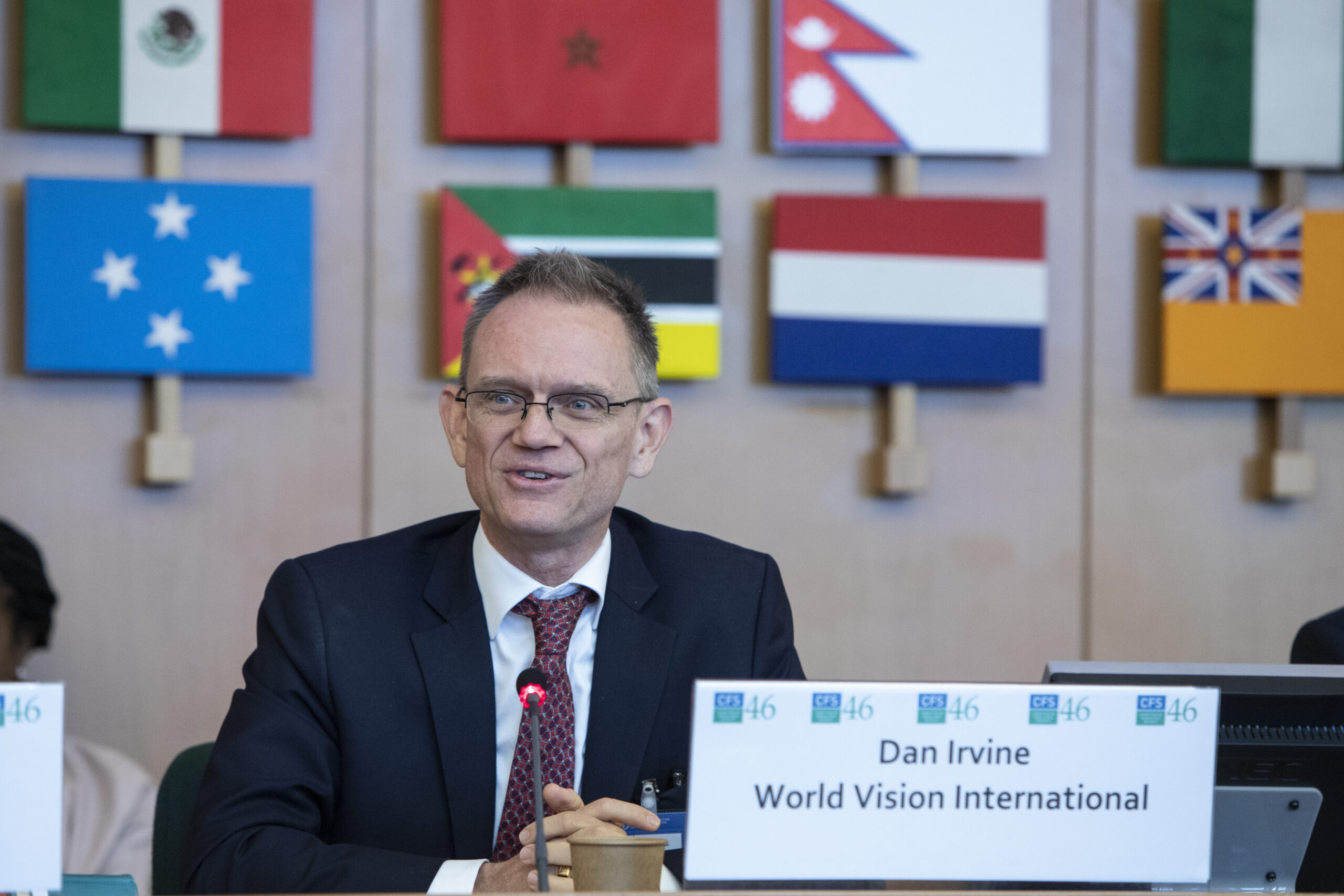
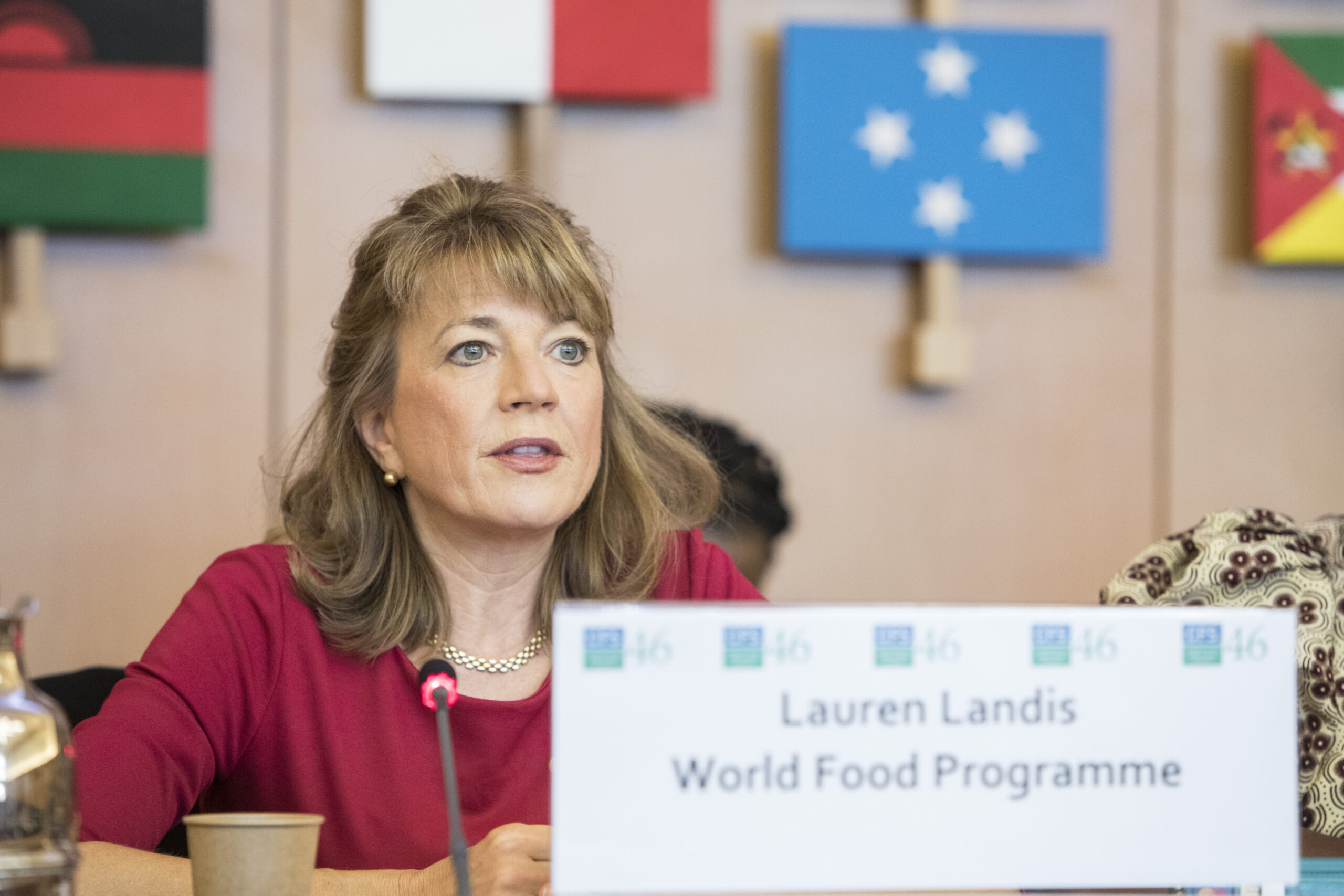
Photos and Video Courtesy of FAO.
